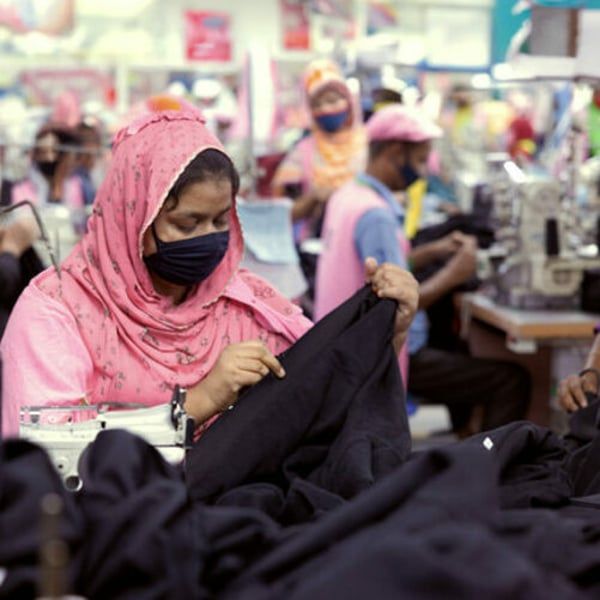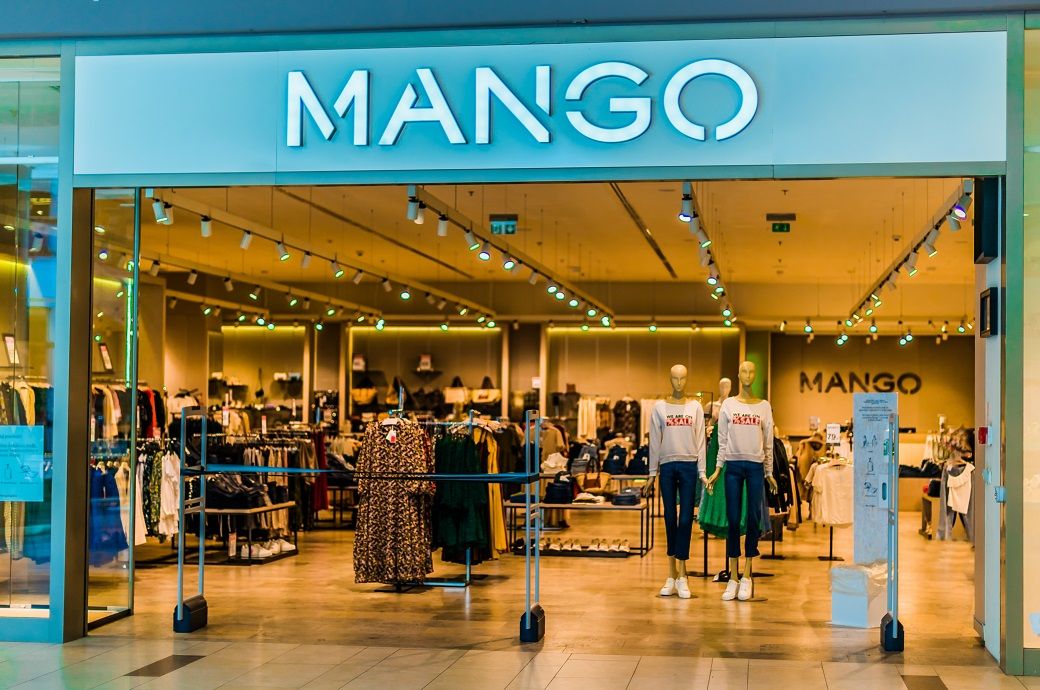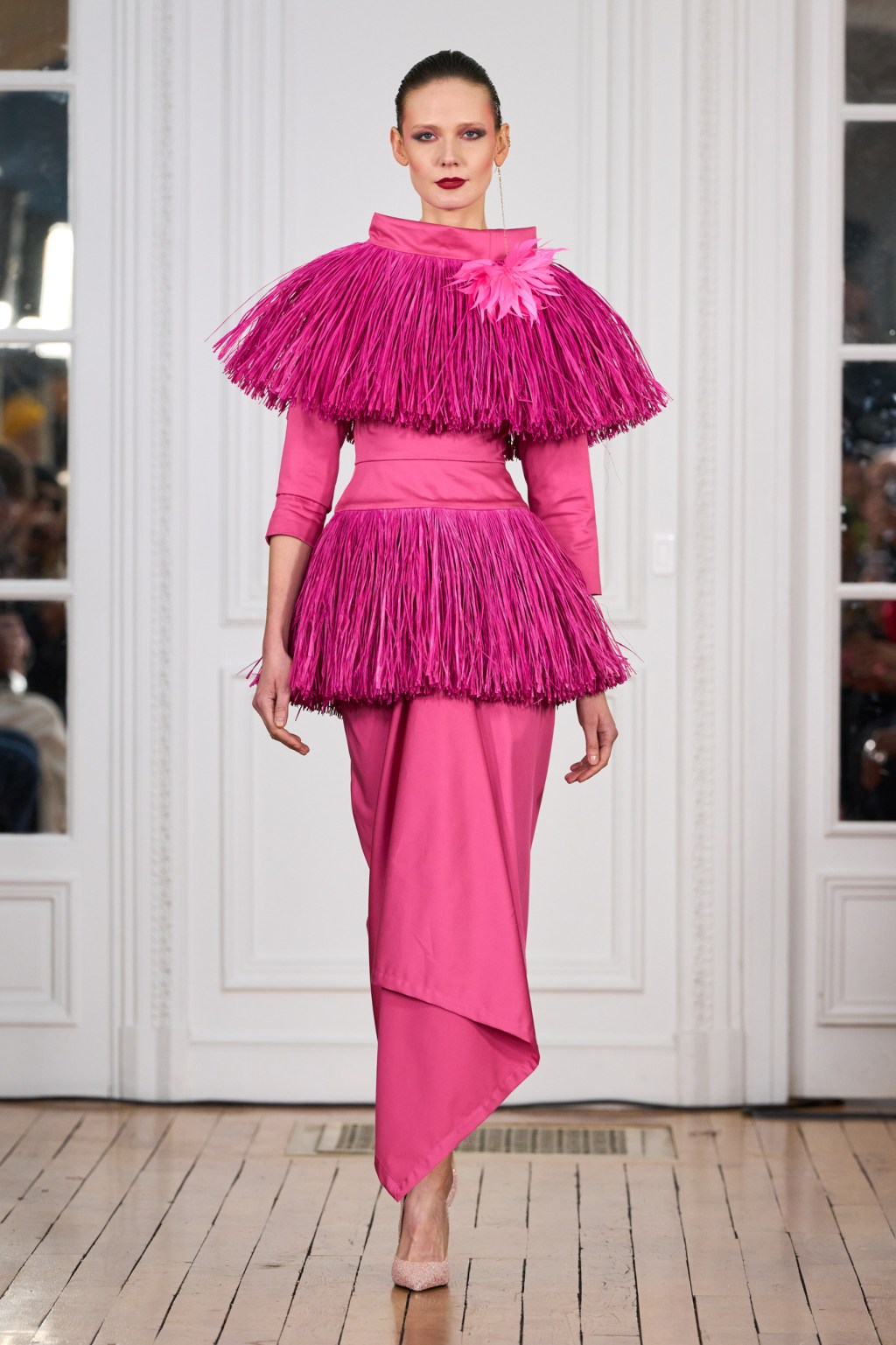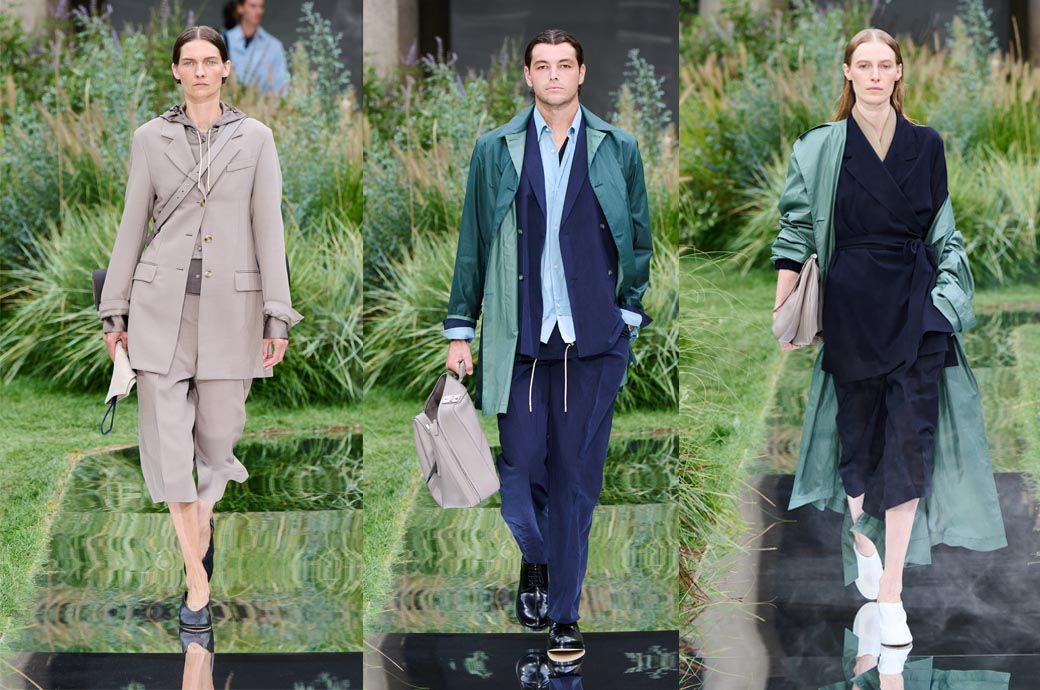Several of the most important fashion brands on the planet are cooperating in a new Future Suppliers Initiative that “offers a crowdfunding model for brands to support the deep decarbonization of apparel suppliers.”
It has been facilitated by The Fashion Pact alongside Apparel Impact Institute, Guidehouse and DBS Bank and will “combine financial incentives, such as risk-free loans, with technical support”.
The debut program will launch in Bangladesh with support from Bestseller, Gap Inc, H&M Group and Mango, and more brands are being “actively” recruited “with the goal of expanding to additional regions.”
It comes as an estimated 99% of fashion brands' total emissions occur in the supply chain and aims to accelerate the transition to net zero emissions by “sharing the financial risks and responsibilities of transitioning to carbon sources.” “renewable energy in Level 1 and 2 textile and clothing factories.” .
The brand-neutral mechanism will develop and fund projects to help both brands and suppliers achieve their science-based targets (SBT) and stay within the 1.5 degree trajectory.
A combination of technical support and financial incentives will be used to help overcome the barriers that prevent many factories from adopting electrification and renewable energy solutions.
Eva von Alvensleben, CEO and Secretary General of The Fashion Pact, said: “The cost of inaction on climate change is unaffordable. If the fashion industry is to achieve its goals and transform its supply chain, we must urgently address the gap between ambition and action.
“The Future Suppliers Initiative is a unique opportunity for fashion retailers to join forces and drive progress towards science-based goals, and offer much-needed financial and technical support to apparel suppliers in their path towards decarbonization. No company alone can solve this challenge, but by sharing the costs, risks and responsibilities of the transition to renewable energy, we can build an ecosystem of solutions and usher in a new era of change.”
The problem so far has been that to achieve significant emissions reductions, suppliers take measures to often help cope with recovery periods that can take decades. This deters many.
The Future Suppliers Initiative aims to reduce the cost for them by working with fashion brands to lower the cost of capital for loans that can accelerate decarbonization.
There will also be technical support to help suppliers identify and implement low-carbon technologies and solutions. Developing baselines and monitoring emissions reductions will demonstrate the impact of projects funded and implemented by the initiative.
The objective is also to identify and combine projects with the greatest potential for impact. “By identifying factory units, interventions and common costs, it will enable a joint global and regional effort between fashion brands, moving from objectives and roadmaps to implementation and measurable reduction, beyond energy efficiency measurements,” they tell us. .
Anders Holch Povlsen, owner and CEO of Bestseller, said: “We are working hard to improve our climate footprint. “We have largely managed to address our direct emissions, but it is clear that emissions in our value chain require ambitious efforts at a scale that demands innovative and joint solutions.”
And Daniel Ervér, CEO of the H&M Group added: “The Future Suppliers Initiative shows that solutions are readily available and have proven impact, but requires commitments from brands and investors who are willing to invest.”
Mango CEO Toni Ruiz also stated that “the joint effort that the Future Suppliers Initiative represents is definitely a big step forward by the industry by enabling affordable financing for factories to participate in energy efficiency initiatives, and a sign that cooperation is possible in our sustainability. journey”.
Copyright © 2024 FashionNetwork.com All rights reserved.












